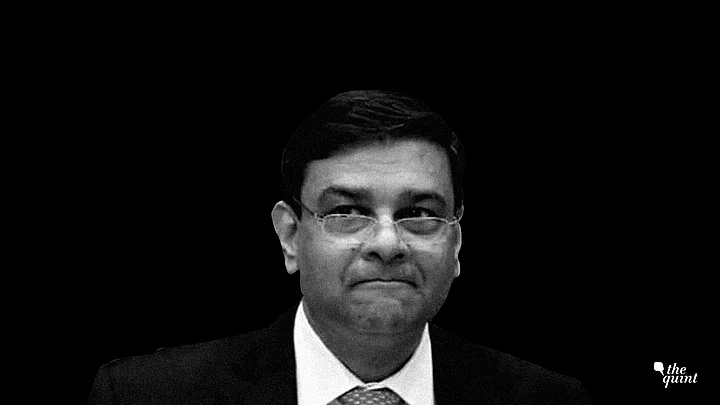As a global Indian, at various points, one can’t help but simply shake one’s head. It didn’t have to be this way.
Urjit Patel has resigned as governor of the Reserve Bank of India for “personal” reasons. Of course, nobody for a second believes the reasons are at all personal.
The unseemly and open political spat between the Central government and the RBI had been out in the open for quite some time. However, all of us were hoping that all concerned had buried their hatchets in November. Alas, that clearly wasn’t the case. There is plenty of blame to go around.
First, let us be clear: an independent Central bank is a requirement for the future growth of India. Leave aside arguments about good economic policy-making for a second.
If Indian savings were at the level of Chinese savings and India didn’t need external funding for its massive multi-decade investment needs, the politicians could get away with operating the RBI the same way as the People’s Bank of China.
But that is just not the case and that ground reality cannot be ignored. Thus, if capital must be imported for India to grow, a governance structure that facilitates that import of capital is a mandatory requirement. That the Central government does not get that due to near-term political expediency is very disappointing.
But then again, we don’t have to look too far beyond demonetisation to know that this government, at times, lets politics trump good policymaking.
What is even more disappointing is that one does not have to be an expert in political game theory to recognise that this spat is not even good politics as it handed the Opposition a live political issue this close to an election.
I am quite sure, in timing his decision, Patel wanted to remind them of that reality.
Second, to be sure, the current occupants of the offices at Mint Street are far from blameless. Monetary policy-making, at the end of the day, is a political rather than an academic exercise.
The ground realities of the political economy cannot be ignored. After all, the satraps at the RBI did not get elected, they were nominated by the politicians who did.
That is not to say that the RBI officialdom has to do the bidding of the Finance Ministry. Far from it. It has an independent remit for sound economic policymaking. However, in exercising that remit, differences between the government and a central bank are going to arise; they always do.
But they can and need to be managed. And the first principle of that management is to take the discussions into the private rather than public arena.
Viral Acharya didn’t do India, the RBI, or Urjit Patel many favours on that front.
Coming to an inherently political exercise with the rigidity of a puritanical academic approach, where everything is black or white, was going to lead to a disaster and all Indians are likely to be worse off as a result.
But instead of lamenting ‘could haves’ and ‘should haves’, this is a time for political leadership. The Modi government has to find someone credible soon and quickly remedy this man-made disaster.
The current conditions of the global economy may soften the impact in the near term. After all, oil prices are lower, the dollar is not strengthening and India remains the fastest-growing large economy in the world. But timing is critical from an economic and political standpoint. The longer we wait, the bigger challenge it will become. Prime Minister Modi needs to put his ‘56 inch ka seena’ and political instincts to good use. Now.
(Krishna Memani is Chief Investment Officer at OppenheimerFunds and this article was first published on BloombergQuint . This is an opinion piece and the views expressed above are the author’s own. The Quint neither endorses nor is responsible for them.)
